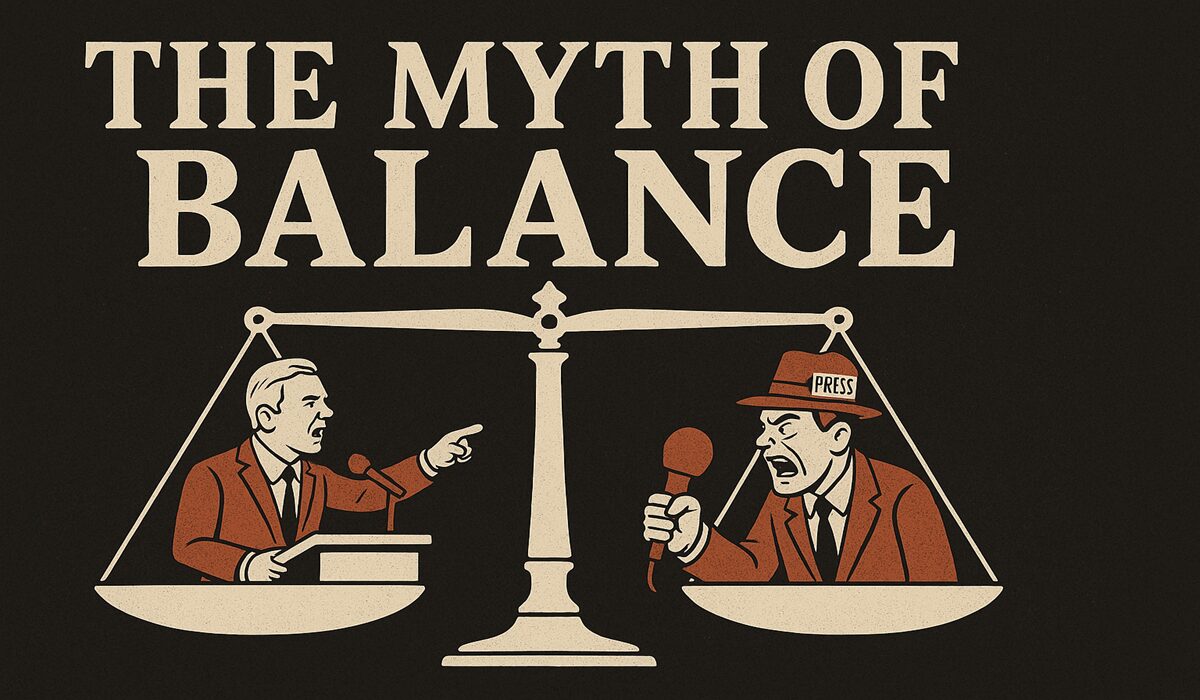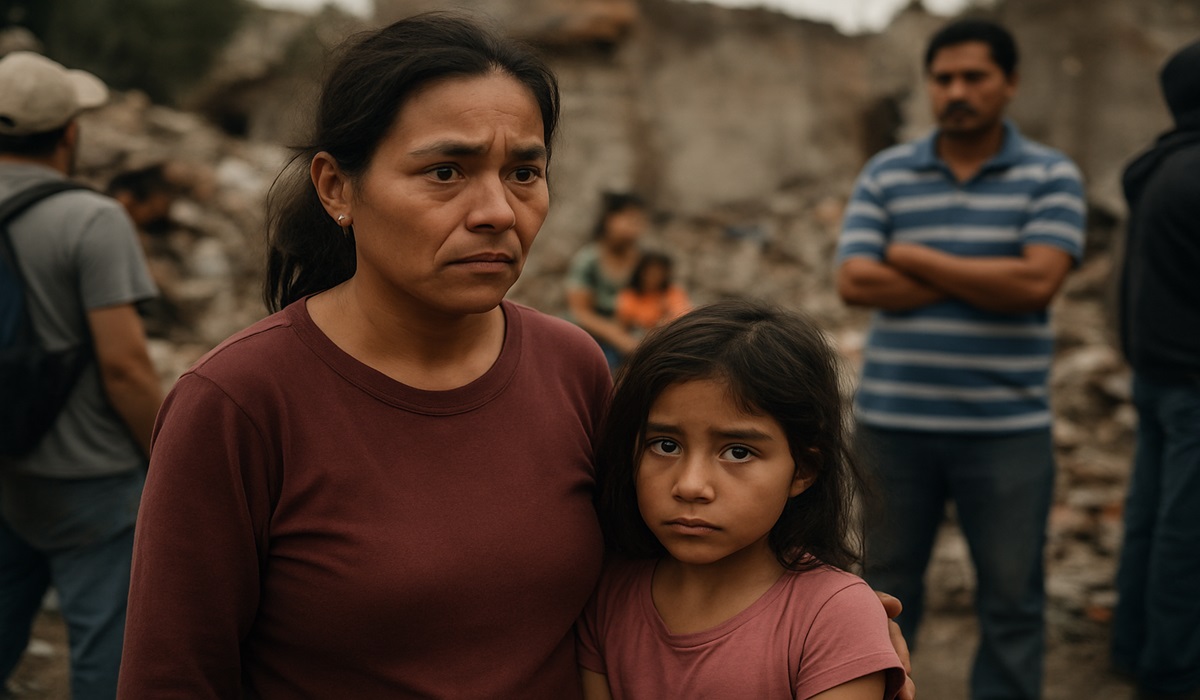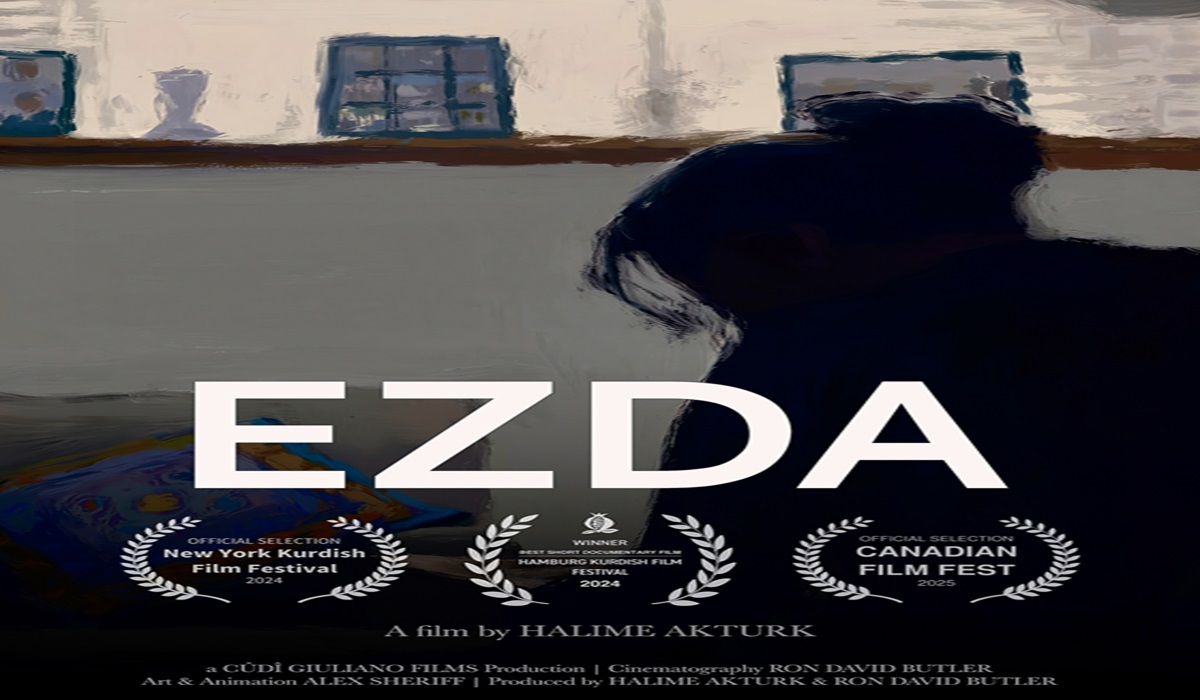The God Complex Dictator: Francisco Macías Nguema’s Catastrophic Rule
- Kingston Bailey
- Africa
- D.O.C Supplements - Trending News
- August 1, 2024

The story of Francisco Macías Nguema, the first president of Equatorial Guinea, is a harrowing and astonishing tale of a dictator’s rise and fall. Born in 1924 in the then Spanish colony of Spanish Guinea, Nguema’s ascent to power began in the waning days of colonial rule. He rose through the ranks of the colonial administration, ultimately becoming mayor of Mongomo. When Spain granted Equatorial Guinea independence in 1968, Nguema was elected president, defeating his main rival, Bonifacio Ondó Edu, in an election marred by allegations of intimidation and fraud.
Once in power, Nguema quickly exhibited signs of extreme paranoia and delusional behavior. Declaring himself “the unique miracle” and God, he demanded absolute loyalty. His initial purges of political opponents escalated into widespread terror, where intellectuals, educators, and anyone he perceived as a threat were eliminated. He saw the educated as threats and responded by banning Western medicine, burning books and Bibles, closing schools, and dismantling the country’s educational and healthcare systems. This plunged Equatorial Guinea into a period of darkness and ignorance, isolating it from the rest of the world.
Under Nguema’s rule, an estimated third of the population was either executed, imprisoned, or fled the country. His paranoia knew no bounds; he murdered his own family members, including his uncle, whom he saw as a potential rival. He also targeted religious institutions, burning churches and religious artifacts, viewing them as symbols of Western influence and threats to his power. Nguema’s financial corruption was equally bizarre. He amassed immense personal wealth by siphoning off the country’s resources, storing vast sums of money in suitcases hidden in the jungle, where he built a personal fortress. His absurd salary of over $10 million per year starkly contrasted with the poverty of the nation under his rule.
The lengths Nguema went to maintain control were extreme. He imposed a media blackout, ensuring no news of his regime’s atrocities reached the outside world. He restricted movement within the country, making escape nearly impossible and cutting off any chance for the outside world to learn of the horrors unfolding within Equatorial Guinea. The tipping point came in 1979 when Nguema’s brutal and erratic behavior led to his overthrow. His nephew, Teodoro Obiang Nguema Mbasogo, led a successful coup, capturing and arresting the dictator. Nguema was tried and found guilty of genocide and other crimes against humanity. He was executed by firing squad, bringing an end to one of Africa’s most infamous regimes.
Spain, the former colonial power, watched from the sidelines as Nguema’s madness unfolded. While they condemned his actions, there was little intervention from the international community to stop the atrocities. His overthrow was largely an internal affair, driven by those who had suffered under his tyrannical rule. Francisco Macías Nguema’s story is a chilling reminder of the dangers posed by absolute power in the hands of a deranged individual. His decade-long reign of terror left deep scars on Equatorial Guinea, scars that the nation is still grappling with today. His legacy is a testament to the destructive potential of unchecked power and the importance of vigilance in safeguarding human rights and democracy. In today’s world, echoes of Nguema’s delusional madness and ruthless dictatorship can be seen in some of society’s current leaders. These modern-day autocrats remind us that vigilance is essential, and the fight against tyranny and oppression is never truly over. The story of Nguema’s reign should serve as a stark warning: absolute power corrupts absolutely, and the world must remain vigilant to prevent such atrocities from happening again.








